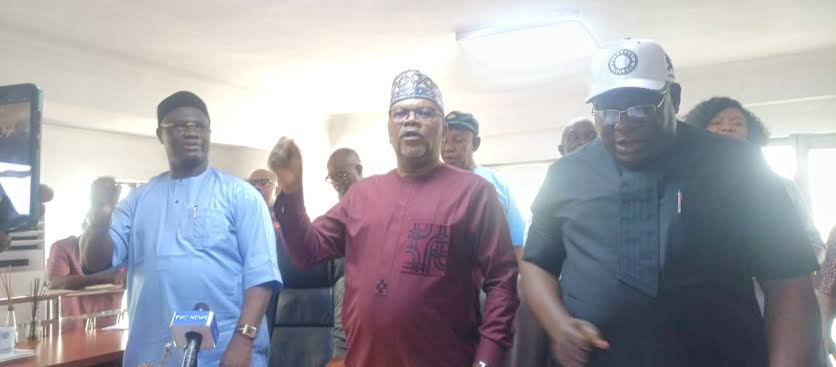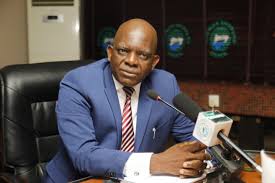
The Maritime Workers Union of Nigeria (MWUN) has once again reiterated its strong opposition to the controversial Port and Harbour Bill, with President General Adewale Adeyanju declaring that the union will mobilize its members for any actions necessary to prevent its passage.
Recall that the Ports and Harbour Bill was introduced by the 8th National Assembly, but was not passed after maritime stakeholders protested against its details and possible passage.
But, in an exclusive chat with Shipping Position Daily, Adeyanju expressed deep concerns about the bill’s impact on workers’ welfare and national security, even as he highlighted past experiences with government assurances that ultimately proved to be “gimmicks or deceit.”
He stated that, “Anybody that is trying to introduce what has been a barrier, I think that person is on his own”, emphasizing the union’s unwavering resolve against the controversial bill.
He expressed concern over the lack of engagement with the union by the National Assembly, highlighting the absence of stakeholders’ meetings on the crucial bill. He asserted that the union remained resolute in its stance against any attempts to introduce laws that could adversely affect its members.
When questioned about the assurance that the union would stand its ground against the bill, Adeyanju confidently declared: “We actually stood our ground the last time. If we had not, that bill would have passed. We are proactive in our defence, kicking against anything detrimental to the country’s economy.”
The President General of MWUN emphasized the union’s readiness to employ all necessary means to address the bill, pointing out areas where the union believes it should be consulted. He warned against the bill that could potentially harm workers’ morale, even as he distinguished between legislations that are beneficial to the economy and those sponsored to exploit economic opportunities at the expense of the workforce.
Regarding specific areas of contention, Adeyanju mentioned concerns about the decentralization of port process, stating that, “How do you decentralize the port operations?” He expressed reservations about potential negative impacts on workers and the overall economy.
While acknowledging that the union is yet to fully study the new bill, Adeyanju pointed out that the union’s concern about insecurity is still prevalent. He concluded by reaffirming the union’s commitment to scrutinizing the bill and opposing any section deemed detrimental to the well-being of its members.
Beyond security, the union further raised fears about job losses. Adeyanju criticized the bill as potentially containing “gimmicks of deceit” regarding worker protection, citing past experiences where government assurances ultimately resulted in job losses.















